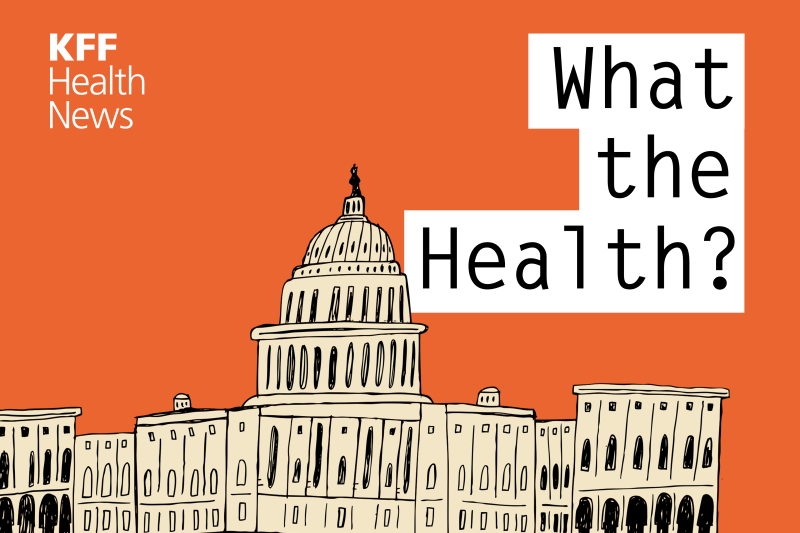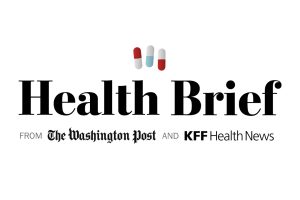Florida Limits Abortion — For Now

The Host
Florida this week became a major focus for advocates on both main sides of the abortion debate. The Florida Supreme Court simultaneously ruled that the state’s 15-week ban, passed in 2022, can take effect immediately before a more sweeping, six-week ban replaces it in May and that voters can decide in November whether to create a state right to abortion.
Meanwhile, President Joe Biden, gearing up for the general election campaign, is highlighting his administration’s health accomplishments, including drug price negotiations for Medicare.
This week’s panelists are Julie Rovner of KFF Health News, Joanne Kenen of the Johns Hopkins University schools of nursing and public health, Tami Luhby of CNN, and Lauren Weber of The Washington Post.
Among the takeaways from this week’s episode:
- The Florida Supreme Court’s decisions this week will affect abortion access not only in the state, but also throughout the region. Florida’s six-week ban, which takes effect on May 1, would leave North Carolina and Virginia as the only remaining Southern states offering the procedure beyond that point in pregnancy — and, in North Carolina, abortion is banned at 12 weeks after a woman’s last menstrual period.
- Since the U.S. Supreme Court overturned the constitutional right to an abortion in 2022, six states have voted on their own constitutional amendments related to abortion access. In every case, the side favoring abortion rights has won. But Florida’s measure this fall will appear on the ballot with the presidential race. Could the two contests, waged side by side, boost turnout and influence the results?
- Former President Donald Trump made many attempts during his term to undermine the Affordable Care Act, and this week the Biden administration reversed another one of those lingering attempts. Under a new regulation, the use of short-term insurance plans will be limited to four months — down from 36 months under Trump. The plans, which Biden officials call “junk plans” due to their limited benefits, will also be required to provide clearer explanations of coverage to consumers.
- In other Biden administration news, March has come and gone without the release of an anticipated ban on menthol flavoring in tobacco, and anti-tobacco groups are suing to force administration officials to finish the job. Menthol cigarettes are particularly popular in the Black community, and — like Trump’s decision as president to punt a ban on vaping to avoid alienating voters in 2020 — the Biden administration may be loath to raise the issue this year. Activists say, however, that it may be at the expense of Black lives.
- “This Week in Medical Misinformation” looks at an article from PolitiFact about the health misinformation that persists even with the pandemic mostly in the rearview mirror.
Also this week, Rovner interviews health care analyst Jeff Goldsmith about the growing size and influence of UnitedHealth Group in the wake of the Change Healthcare hack.
Plus, for “extra credit” the panelists suggest health policy stories they read this week that they think you should read, too:
Julie Rovner: Politico’s “Republicans Are Rushing to Defend IVF. The Anti-Abortion Movement Hopes to Change Their Minds,” by Megan Messerly and Alice Miranda Ollstein.
Tami Luhby: The Washington Post’s “Biden Summons Bernie Sanders to Help Boost Drug-Price Campaign,” by Dan Diamond.
Lauren Weber: The Washington Post’s “Bird Flu Detected in Dairy Worker Who Had Contact With Infected Cattle in Texas,” by Lena H. Sun and Rachel Roubein.
Joanne Kenen: The 19th’s “Survivors Sidelined: How Illinois’ Sexual Assault Survivor Law Allows Hospitals to Deny Care,” by Kate Martin, APM Reports.
Also mentioned on this week’s podcast:
To hear all our podcasts, click here.
And subscribe to KFF Health News’ “What the Health?” on Spotify, Apple Podcasts, Pocket Casts, or wherever you listen to podcasts.









